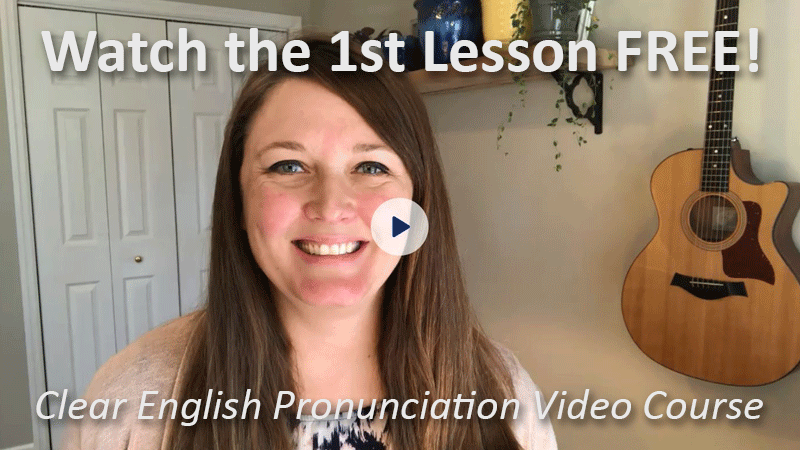5 Simple Tense Verb “Rules”

Verb tenses are confusing. It’s sometimes difficult to know when to use the simple tense, even though it’s generally the first tense that people learn. Here are 5 general rules you can follow when you think about using the simple tense.
Rule #1: Use the simple tense to express generalization and facts.
This means that if something is a general idea or truth, we will use the simple tense.
Present: Our families help to define our identities.
Past: Chloe served as president of the Student Government Association.
Future: My cousin will be 16 next month.
Rule #2: Use the simple tense to describe habits.
If there is an action that occurs on a regular interval, you will use the simple tense.
Present: Everyday, Chloe visits the post office to see if any mail has arrived for her.
Past: When I was in high school, I attended church every Sunday.
Future: Our volunteer organization will serve meals to the homeless every month.
Rule #3: Use the simple tense to describe emotions or mental perceptions.
Do you feel it? Think it? Hate it? Use the simple tense.
Present: I feel frustrated about missing my train.
Past: Fifty years ago, people believed that we would have flying cars by now.
Future: I will love it when we finally move to our new apartment.
Rule #4: Use the simple tense to express ownership or personal relationships.
What do you have? Own? Tell us in the simple tense.
Present: I have two younger brothers who are both taller than me.
Past: Jarrod possessed the determination to never quit.
Future: We will own a new car after we sign the papers.
Rule #5: Use the simple tense to express something that we believe to be (more or less) permanent.
If it’s temporary, use the progressive (continuous) tense, but if it’s here to stay, use the simple tense.
Present: I volunteer at a children’s museum in the city.
Past: My grandfather worked at a mining company for his whole career.
Future: After I get married next month, I will live in Sydney, Australia.
BONUS MATERIAL
Watch this lesson on “Mastering -ed Endings” that I did as one of my Weekly Classes.
In this lesson we start with a question about the difference between comparing and contrasting. Then we move into an advanced lesson on mastering -ed endings. Enjoy!
Do you know a friend or student who needs help with simple tense? Use the links below to share this post on simple tense.
Andrea



I still make grammatical mistake on English. That five rule of simple tense are using every single time for our life and International English speakers lol
We all still make mistakes. Glad you’re still trying though!